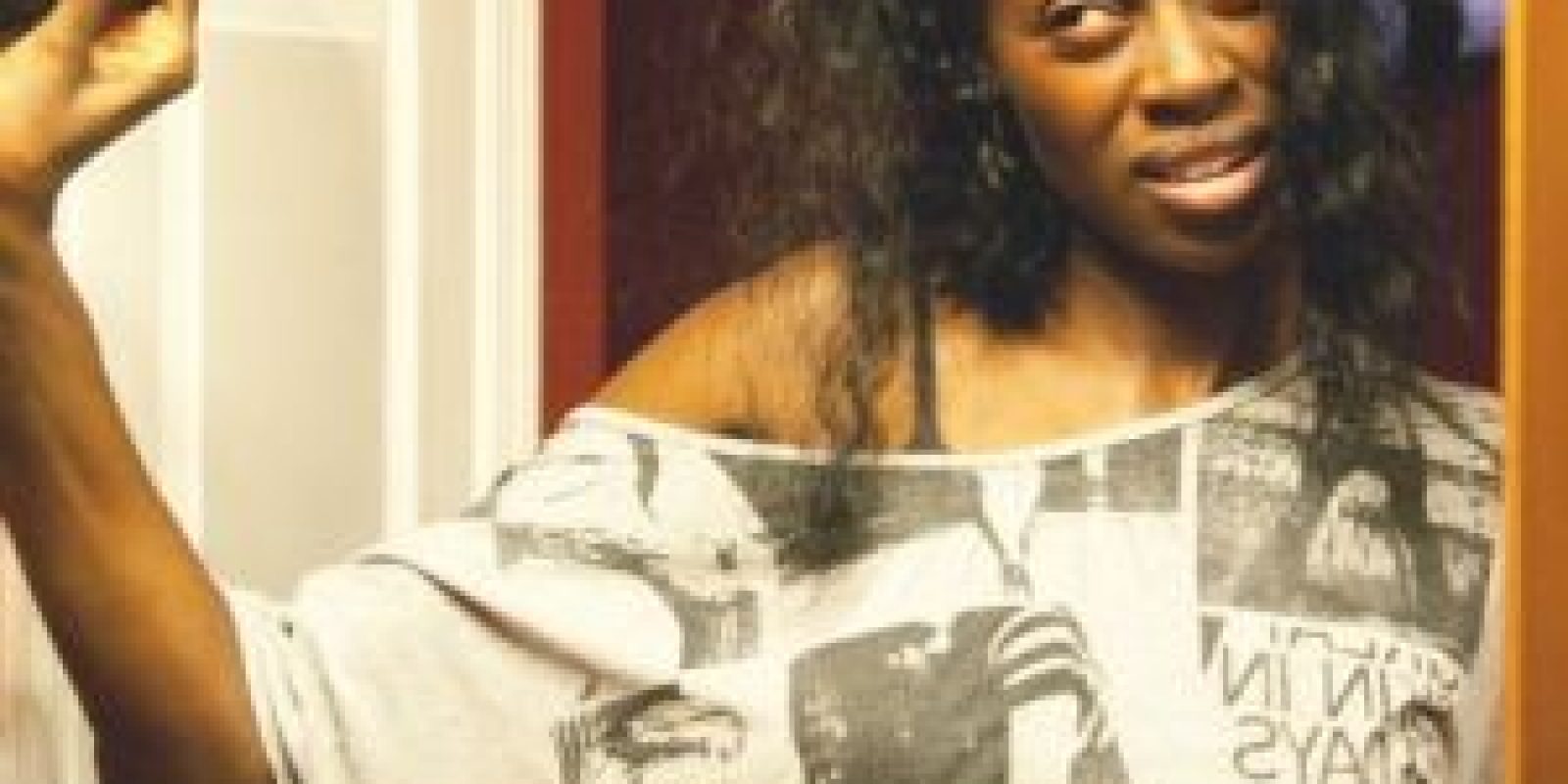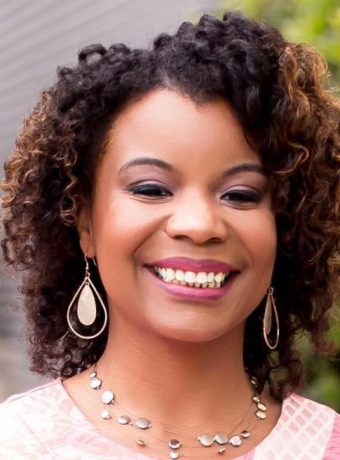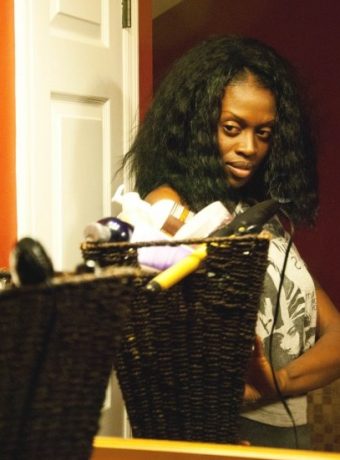Teenagers are in a rough spot when it comes to personal decision making. On the cusp of adulthood though not yet of legal age, high schoolers have to contend with both peer and parental pressure of varying degrees. Often, having natural hair is at odds with other classmates, making the desire to wear their hair in its natural state a challenge, at best, in a school environment. At worst, the young woman has to come home to hear the daily refrain, “Child, you need a perm.”

Photo by Reshonda for America’s Next Natural Model
Teenagers are in a rough spot when it comes to personal decision making. On the cusp of adulthood though not yet of legal age, high schoolers have to contend with both peer and parental pressure of varying degrees. Often, having natural hair is at odds with other classmates, making the desire to wear their hair in its natural state a challenge, at best, in a school environment. At worst, the young woman has to come home to hear the daily refrain, “Child, you need a perm.”
I always wanted to be natural, much to the chagrin of my mother who was inexperienced in dealing with natural hair. I recall the agony both she and I experienced when, on alternating weekends, she would struggle to wash my bouffant of kinks in the sink. I remember the clumps of hair that would be yanked from my head during the wet combing process, the hours it would take to apply plaits, and the tediousness of the blow-drying ritual. I wanted my natural hair to “look” natural, but was forced to wear it either blown straight or pressed because “it would be a distraction” or would “get too tangled.” Satisfied that, at the very least, I wasn’t made to put chemicals in my hair, we continued this process until I was around 14-years-old. At that time, I began swimming on a regular basis. My mother finally talked me into getting a light chemical put in to make it more manageable, as the horrific washing and drying process had expanded to multiple days a week. I relented and got a texturizer that, in her opinion, “brought out the natural curl pattern.” I couldn’t fight the feeling that I was living a lie. I deeply missed looking into the mirror after a wash and seeing my massive poof sitting happily above me. I missed every inch of it. I soon realized that if I couldn’t have my real hair, I didn’t want any at all. I BCed at the age of 15.
My mother, for all of her misgivings about natural hair, allowed me to get to an age where I was able to make an informed decision for myself. By contrast, it appears that the majority of black mothers put a relaxer in their daughter’s hair right after they learn to walk. It’s seen as a right of passage. It’s viewed as an acceptable thing to so. But, as history has shown us, widely accepted practices aren’t made right just because they are largely condoned.
To girls of all ages whose mothers are encouraging them to live the lye, my biggest piece of advice would be this – learn to do your own hair. Being self-sufficient is the greatest leverage against any form of control. Using forums like Going-Natural, Nappturality, and others, learn simple techniques that will cut down your styling time and will look traditionally “neat.” Also, make use of household ingredients – olive oil, castor oil, etc. – in an effort to cut costs and to stay away from the cheap, chemically laden products often found in beauty supply stores. Wear hair wraps, if necessary, while in the transitioning stage so as not to draw ire from old-school parental ideas of what it means to look acceptable. Finally, and most importantly, educate your parents on the dangers of chemical relaxers. Education, and not just the education you receive in the classroom, is the best defense against all forms of ignorance.
I also suggest that young people be proactive in activism, and hair is definitely a worthy cause. Consider starting a school club for nappturals. Volunteer your time in predominately black preschools and elementary schools, offering to host haircare seminars for the younger generation. Finally, stand your ground against anyone, classmate or relative, who chastises you for expressing your natural beauty. Black pride is an all encompassing experience. How can you truly take pride in who you are as a person while dismissing the most physically defining characteristic of your race? Be strong in your decision to go natural, and don’t be detoured by any detractors. Not even your own mother.




